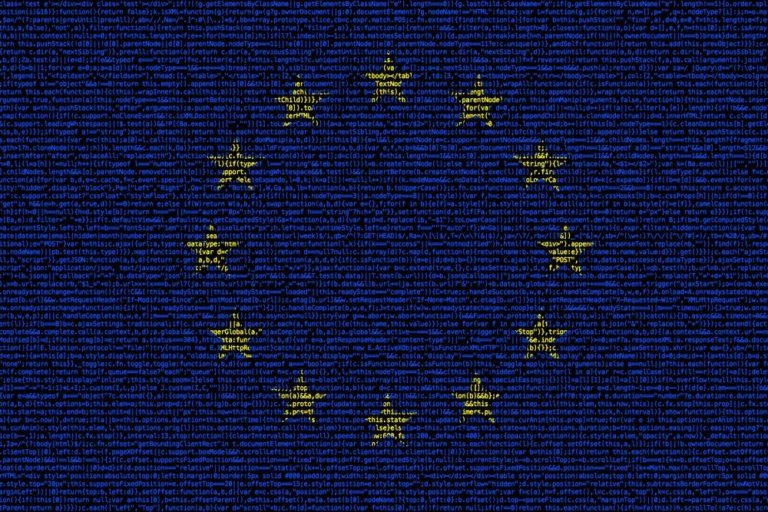According to a report authored by the ENISA online security agency, the European Union needs more cybersecurity graduates to fill the bloc’s shortage of skilled infosec personnel. The public sectors of the bloc’s countries should support a unified approach for infosec-oriented higher education.
The approach will address an issue that is present in more places than just the EU. The report is titled ‘Addressing the EU Cybersecurity Skills Shortage and Gap Through Higher Education.’ According to academics Jason Nurse and Konstantinos Adamos, and ENISA’s Athanasios Grammatopoulos and Fabio Di Franco, the EU has to get more students to sign up for cybersecurity degrees.
A multi-tiered approach
The report shows that many of the cybersecurity degrees offered across the EU’s member states (77%) are at the master’s degree level. Just under a fifth (17%) are undergraduate degrees while 6% are postgraduate level.
From the University of Kent, Professor Nurse says that infosec degrees are a valuable method of training new professionals to fill the roles. Professor Nurse added that a “multi-tiered approach’ offers the best chance of a long-term solution and that professional certifications are valuable but only for those who make a career in the industry.
There should be a focus on the non-technical side
The UK has a small but growing number of infosec degree programs, with the National Cyber Security Center sponsoring degree programs at high academic levels. A list of the available degrees is on the agency’s website.
About the ENISA report, Nurse said that while degree programs in the bloc’s universities broadly meet the infosec industry’s requirements, there should be more focus on the less technical side of cyber security. The reality, Nurse asserted, is that the topic is not purely technical and veers into governance, risk, law, and compliance to make it well-rounded.
